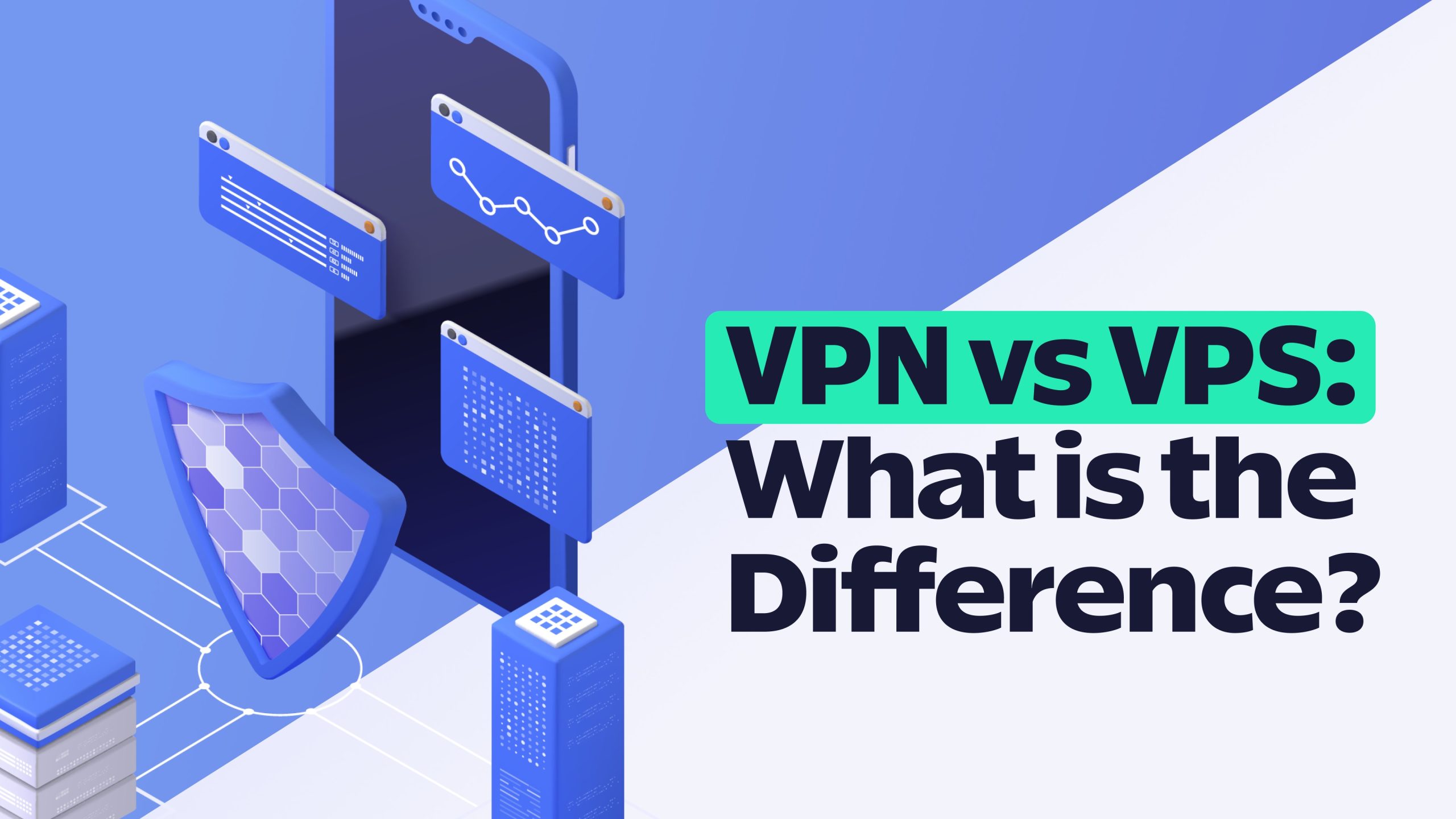
Introduction: Navigating the Complex World of Digital Infrastructure
In today‘s hyper-connected digital landscape, understanding the nuanced differences between Virtual Private Networks (VPNs) and Virtual Private Servers (VPS) isn‘t just technical knowledge—it‘s a strategic imperative. As someone who has spent years diving deep into network architectures and cybersecurity, I‘ve witnessed firsthand how these technologies can transform digital experiences.
Imagine standing at a technological crossroads where network privacy, server hosting, and digital infrastructure intersect. VPN and VPS might sound similar, but they represent fundamentally different approaches to solving complex digital challenges. This guide will unravel their mysteries, providing you with actionable insights that bridge theoretical understanding and practical application.
The Evolution of Network Technologies: A Historical Perspective
Before we explore the intricate details of VPN and VPS, let‘s understand their technological lineage. The digital revolution has been characterized by continuous innovation, with network technologies emerging as critical enablers of global connectivity.
Virtual Private Networks trace their roots back to the late 1990s, when corporations sought secure methods of connecting remote offices. Initially developed as enterprise solutions, VPNs quickly transformed into consumer-friendly privacy tools. The fundamental goal remained consistent: creating encrypted, secure communication channels that protect data integrity and user anonymity.
Virtual Private Servers, meanwhile, emerged from the need to optimize server resource allocation. Traditional dedicated server models were expensive and inefficient, requiring massive infrastructure investments. Virtualization technologies allowed for more granular, flexible server management, giving birth to the VPS concept.
Understanding VPN: Your Digital Privacy Shield
What Exactly is a VPN?
A Virtual Private Network functions as an encrypted tunnel between your device and the internet, effectively creating a private, secure pathway for data transmission. Think of it like a sophisticated digital cloak that shields your online activities from potential surveillance, tracking, and unauthorized access.
When you connect to a VPN, your internet traffic is strategically routed through remote servers distributed globally. This process accomplishes several critical objectives:
- Masking your original IP address
- Encrypting data transmission
- Providing geographic anonymity
- Bypassing regional restrictions
Technical Mechanics of VPN Operation
The magic of VPN technology lies in its complex encryption protocols. Modern VPN systems utilize advanced cryptographic techniques like OpenVPN, IKEv2, and WireGuard, each offering unique advantages in speed, security, and reliability.
Encryption works through a multi-layered process:
- Data packets are encapsulated within secure encryption protocols
- Original source information is obfuscated
- Traffic is routed through strategically located servers
- Decryption occurs at the destination point
Real-World VPN Applications
VPNs serve diverse scenarios across personal and professional domains:
Personal Privacy Protection
Individuals leverage VPNs to protect their digital footprint, preventing internet service providers, websites, and potential cybercriminals from tracking online activities. Public Wi-Fi networks become significantly safer when using a robust VPN connection.
Geographical Content Access
Streaming enthusiasts and global travelers use VPNs to bypass regional content restrictions. By connecting through servers in different countries, users can access geo-blocked media libraries, sports broadcasts, and region-specific services.
Corporate Security
Enterprises implement VPNs to create secure communication channels for remote workers, ensuring sensitive corporate data remains protected during transmission across potentially vulnerable networks.
Exploring VPS: Your Flexible Hosting Solution
Defining Virtual Private Servers
A Virtual Private Server represents a sophisticated hosting solution that partitions a physical server into multiple independent virtual environments. Each virtual server operates with dedicated resources, offering performance and flexibility superior to traditional shared hosting models.
The Virtualization Technology Behind VPS
VPS leverages advanced virtualization technologies to create isolated, independent computing environments. Hypervisor software enables precise resource allocation, allowing multiple virtual servers to coexist on a single physical machine without interference.
Key virtualization platforms like VMware, Hyper-V, and KVM provide the technological foundation for creating these flexible, scalable server environments.
Practical VPS Use Cases
Web Hosting and Development
Developers and businesses utilize VPS for hosting websites, web applications, and creating robust development and staging environments. The ability to configure servers precisely according to specific requirements makes VPS an attractive option.
Application Deployment
Complex software applications requiring dedicated resources find an ideal home in VPS environments. The isolation and guaranteed resource allocation ensure consistent performance and reliability.
Data Processing and Storage
Scientific research institutions, machine learning projects, and big data analytics frequently leverage VPS for computational tasks requiring significant, consistent computing power.
Comparative Analysis: VPN vs VPS
While VPN and VPS might seem similar superficially, they serve distinctly different technological purposes:
Key Differentiating Factors
- Primary Purpose
- VPN: Privacy and secure communication
- VPS: Hosting and computational infrastructure
- Resource Allocation
- VPN: Shared network resources
- VPS: Dedicated server partitions
- User Control
- VPN: Limited configuration options
- VPS: Full administrative access
- Performance Characteristics
- VPN: Potential speed reduction due to encryption
- VPS: Consistent, predictable performance
Choosing the Right Technology
When to Select a VPN
- Prioritizing online privacy
- Requiring secure internet browsing
- Needing geographical content access
- Protecting communications on public networks
When to Opt for a VPS
- Requiring robust web hosting
- Seeking customizable server environments
- Needing scalable computing resources
- Demanding independent server management
Future Trends and Technological Outlook
The landscape of network technologies continues evolving rapidly. Emerging trends like edge computing, enhanced virtualization techniques, and more sophisticated encryption protocols will further blur the lines between VPN and VPS technologies.
Artificial intelligence and machine learning are expected to play increasingly significant roles in optimizing network performance, security, and resource allocation.
Conclusion: Making Informed Technological Choices
Understanding the nuanced differences between VPN and VPS empowers individuals and organizations to make strategic technological decisions. By comprehending their unique strengths, limitations, and ideal use cases, you can leverage these technologies to enhance digital infrastructure, protect privacy, and optimize computational resources.
Remember, technology is not about choosing the most complex solution, but selecting the most appropriate tool for your specific needs.






